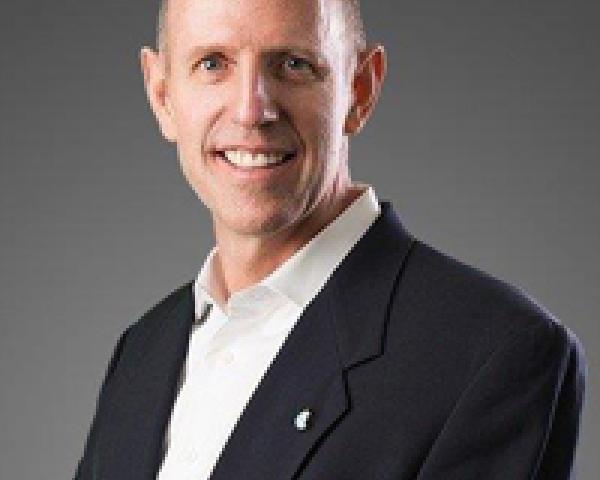The New England Journal of Medicine carried an excellent article by David Casarette, MD, on the topic of healthcare illusions and medical appropriateness.
Click here to read the full article.
Casarette observes that humans have a tendency to see success in what they do, even if there is none. Casarette writes, “Psychologists call this phenomenon, which is based on our tendency to infer causality where none exists, the ‘illusion of control.'” This illusion applies in all walks of life, especially in politics and parenting, and it includes medical care.
In medical care, the phenomenon has been referred to as “therapeutic illusion,“ and it affects both doctors and patients. Undoubtedly, therapeutic illusion is why placebos can be so effective.
In one clinical study,
faux surgery worked as well or better than an actual surgery for the treatment of specific conditions. If patients perceive they need surgery, e.g. for knee pain, even though it may not be medically appropriate some will search for a surgeon who can validate the need and perform the surgery.
Casarette writes, “Physicians also overestimate the benefits of everything from interventions for back pain to cancer chemotherapy.”
Casarette’s article is most interesting to us. Why? We’ve often felt that doctors who perform unnecessary surgeries have ethical problems. The reality may be a little more complicated. The surgery decisions may have a subconscious influence.
Toomey had an interesting conversation with the chief medical officer (CMO) of a major health system. The CMO relayed that his wife was having pain in her hand, so they scheduled an appointment with one of their system’s highly recommended specialists. The specialist looked at the wife’s hand and, after a few minutes, stated that she needed surgery. The specialist did not know he was taking to a physician, and the CMO questioned how the specialist could arrive at a diagnosis from just looking at a hand. The response was, “years of experience.” The CMO and his wife got a second opinion and opted for the recommended therapy rather than surgery, and the therapy solved her issue.
The attention today is on value-based contracting and data analysis. A group of 20 national employers have come together to share data, so they can assess the healthcare supply chain. But, as noted in
our last blog post, analyzing the data is complex, especially because claims data are just a collection of medical bills. How are employers assessing medical appropriateness? What reports can be generated to assess a need for care?
In 2014, one state's Medicare costs were $6,631 per capita while another's were $10,610. A big driver was the variation in the volume of procedures, and cognitive biases among doctors can help drive those volumes.
Healthcare involves people – patients, physicians, and other providers -- and the human element makes it even more complex. So how do those involved in healthcare address the variation in medical care that is driving up costs?
We are biased – we believe the employers are the catalyst to drive change for increased consistency by working collaboratively with suppliers (think Six Sigma).
In any case, it’s time for change.



